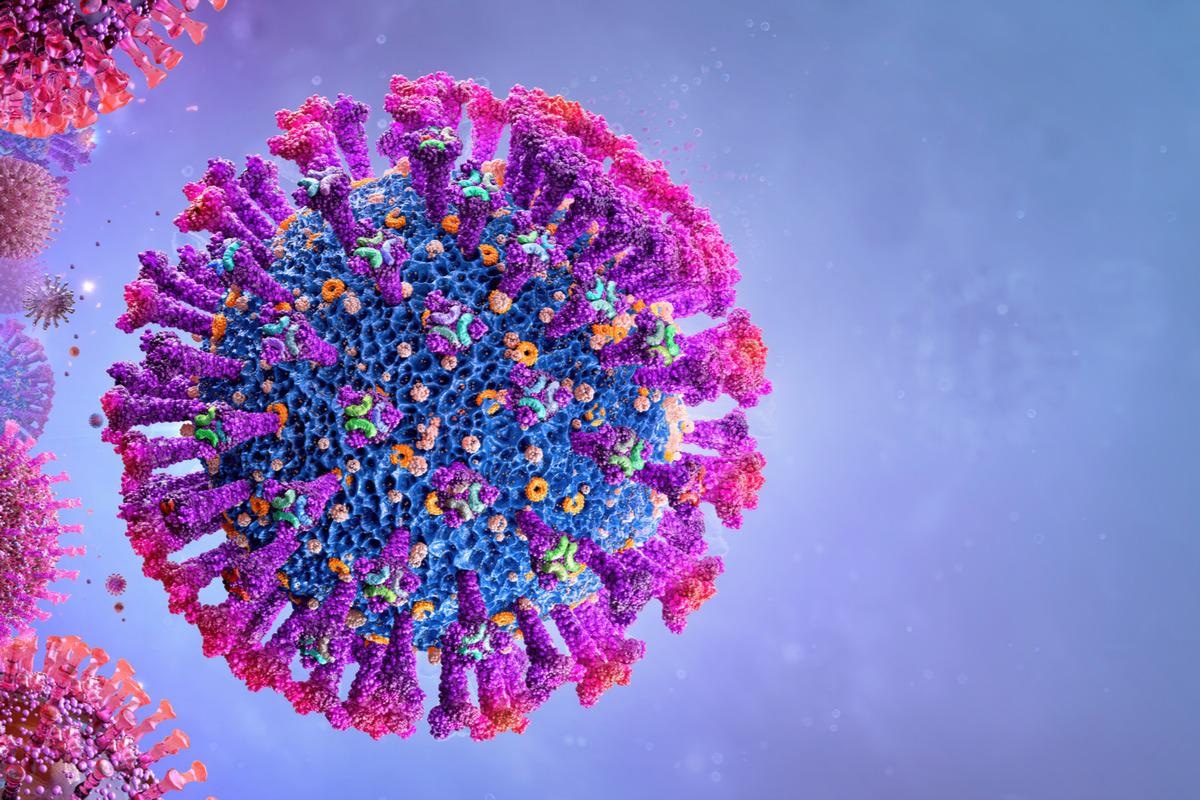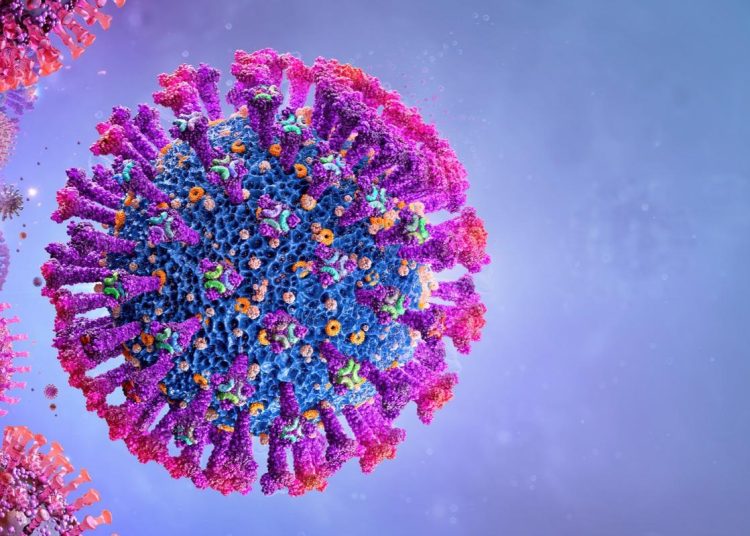A recent study conducted at the University of Washington and the Seattle Children’s Research Institute, USA, has demonstrated that severe acute respiratory syndrome coronavirus 2 (SARS-CoV-2) infection induces a significantly lower interferon response than rhinovirus infection.
 Study: Airway epithelial interferon response to SARS-CoV-2 is inferior to rhinovirus and heterologous rhinovirus infection suppresses SARS-CoV-2 replication. Image Credit: Corona Borealis Studio/Shutterstock
Study: Airway epithelial interferon response to SARS-CoV-2 is inferior to rhinovirus and heterologous rhinovirus infection suppresses SARS-CoV-2 replication. Image Credit: Corona Borealis Studio/Shutterstock
Moreover, pre-infection with rhinovirus significantly reduces the replication of SARS-CoV-2 in airway epithelial cells.
A preprint version of the study is available on the bioRxiv* server, while the article undergoes peer review.
Background
SARS-CoV-2, the causative pathogen of coronavirus disease 2019 (COVID-19), is an enveloped RNA virus of the human beta-coronavirus family that primarily affects airway epithelial cells.
Unlike other common cold viruses such as alpha-coronaviruses and rhinoviruses, SARS-CoV-2 suppresses both systemic and mucosal type I and type III interferon responses, which are vital host innate immune responses required for the suppression of viral replication.
According to the available literature, infection of airway epithelium with human rhinoviruses causes a significant increase in anti-viral interferon response, which increases the expression of SARS-CoV-2 host cell entry receptor, namely angiotensin-converting enzyme 2 (ACE2). This…



























































